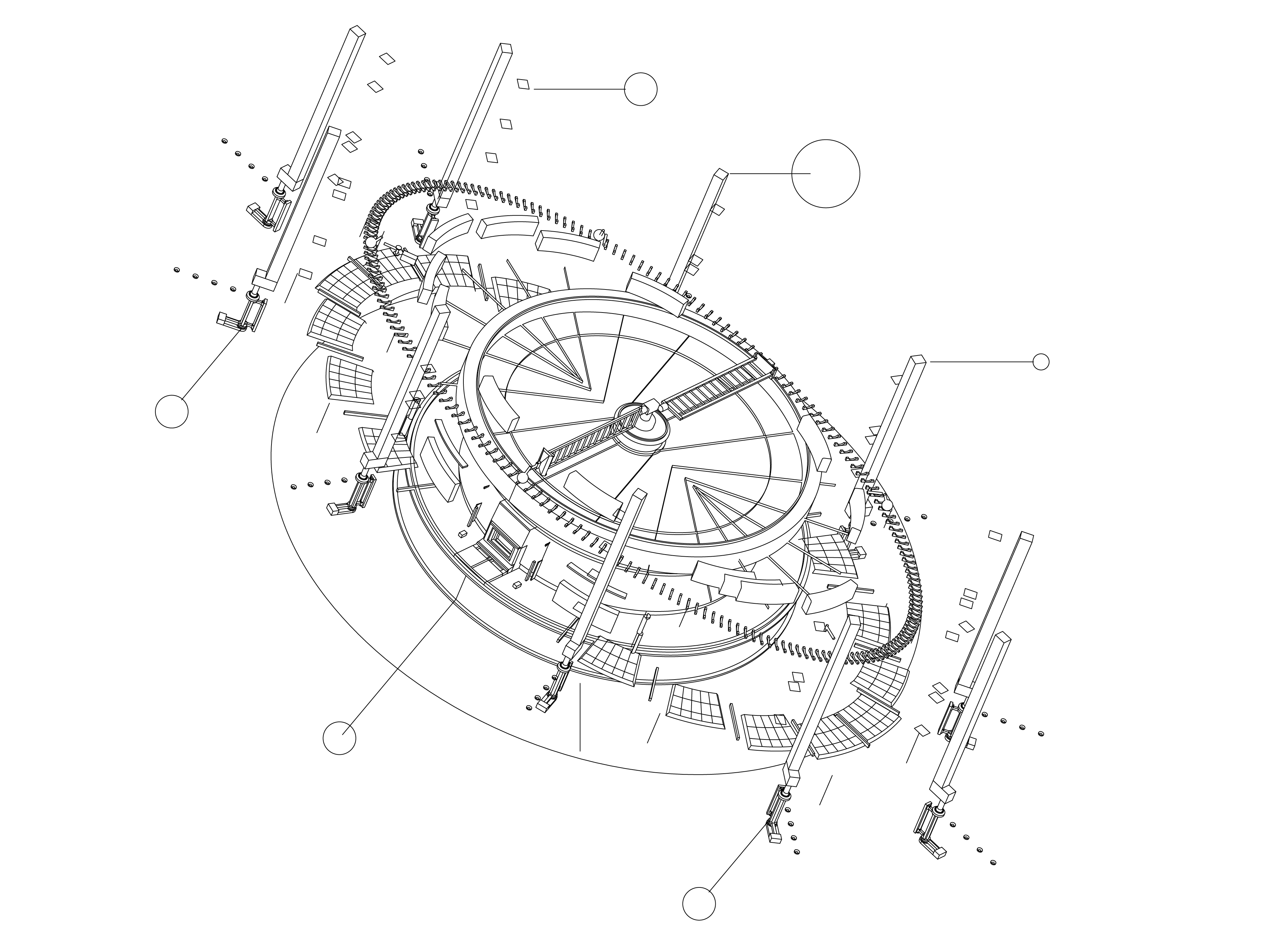Project MARA Preview: Modeling, Abstraction, and Reasoning Agents
December 6, 2024

An enduring vision of artificial intelligence research is to build machines that emulate flashes of scientific brilliance, discovering new physical laws and inventing new technologies. While singular, paradigm-changing scientific breakthroughs are rare, the core mental faculties of science—proposing hypotheses, conducting experiments, and building and reasoning with abstract models of how the world works—can not only be applied to everyday life but are required to navigate everyday problems. They allow us to learn how to use new toys and devices via experimentation, create ad-hoc tools from everyday objects, and debug or fix problems in both the physical and digital worlds. The problems of the natural sciences occur in miniature within everyday science, and a broadly capable agent should be able to deploy science-like commonsense reasoning to better understand and control its environment.
Basis, in collaboration with Kevin Ellis’ research group at Cornell, is launching a three-year moonshot to build the first AI system truly capable of everyday science. This demands advances in knowledge representation, abstraction, reasoning, active learning, and a first-principles rethinking of what it means to model the world. On the path to this goal, we will solve a series of well-scoped challenge problems that embody key, distinct components of everyday scientific inquiry, culminating with general-purpose algorithms that can model, abstract, reason and act in simulated and real environments.
Technical Foundations
Project MARA aims to make advances in four interconnected technical areas:
First, we’re developing new representations of models. Traditional AI has been divided between neural and symbolic approaches. MARA will introduce polystructural models—representations that can integrate multiple forms of knowledge while reasoning across different levels of abstraction. These models aim to capture both concrete details and abstract principles that enable genuine understanding.
Second is abstraction—developing computational mechanisms that identify what information is essential and what can be safely ignored. This goes beyond simple feature selection. We seek systems that can actively identify and manipulate different levels of description, adapting their representation to the problem at hand.
Third is scalable scientific reasoning that integrates multiple forms of inference. Human scientific thinking combines logical deduction, probabilistic reasoning, and causal inference. We aim to create systems that can reason from first principles about complex phenomena.
Finally, we’re tackling active learning through principled experimental design. Rather than passively observing data, we envision systems that can formulate and test hypotheses by focusing on the most informative experiments.
From Theory to Practice
To guide this ambitious research agenda, we’re starting with carefully chosen domains that present distinct challenges for scientific reasoning. The Abstraction and Reasoning Corpus (ARC) will serve as our initial testbed for abstract pattern discovery, requiring genuine understanding rather than mere pattern matching.
We’re also developing new domains that more fully capture all the components of MARA. These will span both simulated environments and real-world physical settings, allowing us to test and validate our approaches across different levels of complexity.
Join Us
We’re seeking exceptional research scientists, research engineers, and postdoctoral fellows. Our ideal candidates have expertise in program synthesis, causal reasoning, reinforcement learning, or robotics, though we’re interested in talking to anyone who can demonstrate they can contribute to the project.
Speak with the MARA team at NeurIPS
Join us at the “Systems 2 Reasoning at Scale” Workshop at NeurIPS 2024, where we will present our technical approach and early directions.
Contributors
Article: Zenna Tavares, Kevin Ellis, Karen Schroeder
Illustration: Doug John Miller